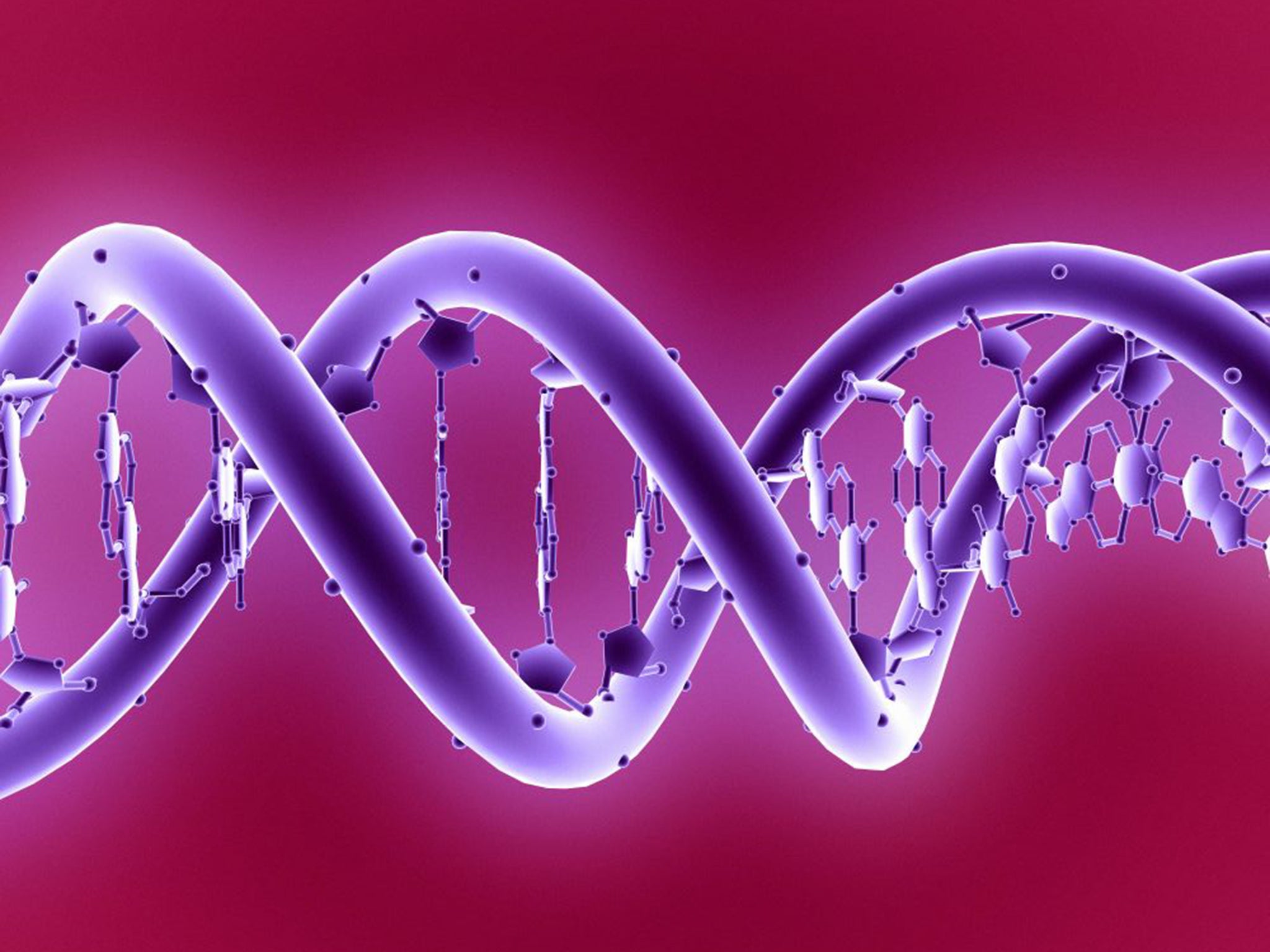Gene discovery could lead to new treatments for cancer and heart disease
Doctors could use the gene's effects to increase the blood supply to a 'failing heart' or starve a tumour of oxygen

Your support helps us to tell the story
From reproductive rights to climate change to Big Tech, The Independent is on the ground when the story is developing. Whether it's investigating the financials of Elon Musk's pro-Trump PAC or producing our latest documentary, 'The A Word', which shines a light on the American women fighting for reproductive rights, we know how important it is to parse out the facts from the messaging.
At such a critical moment in US history, we need reporters on the ground. Your donation allows us to keep sending journalists to speak to both sides of the story.
The Independent is trusted by Americans across the entire political spectrum. And unlike many other quality news outlets, we choose not to lock Americans out of our reporting and analysis with paywalls. We believe quality journalism should be available to everyone, paid for by those who can afford it.
Your support makes all the difference.The discovery of a gene that affects the growth of blood vessels could help lead to new treatments for both heart disease and cancer, researchers have said.
Turning off the gene reduce the growth of blood vessels and the scientists said it might also be possible to enhance its effect to encourage more blood vessels.
The latter effect could be used to treat heart disease, while the former could potentially be used to cut off the supply of blood to tumours and treat other conditions.
Professor Stuart Cook, of the National Heart and Lung Institute, who led the study, said the process of creating blood vessels – angiogenesis – was “vital for supporting life and providing nutrients to all parts of the body”.
“Finding a way to control angiogenesis not only provides a target for the development of anti-cancer therapies, but may also prove useful in similarly starving abnormal blood vessel growth elsewhere in the body, like in diabetic eye disease,” he said.
And Dr Rizwan Ahmed, of the Royal Brompton & Harefield hospitals, who also took part in the research, said they were “one step closer to improving heart function” in patients with reduced blood flow to the heart.
“Our findings could lead to new treatments to stimulate blood vessel production in the heart,” he said.
“The next step is to find medications to activate blood vessel production specifically in the heart muscle, using this gene.”
The researchers studied the gene, called Wars2, in rats and zebrafish.
It has previously been linked to obesity and cancer in large genetic studies that look for genes that are shared by people with a particular disease.
The study was supported by a group on international backers, including the UK’s Medical Research Council, the Tanoto Foundation in Singapore, the Czech government and the European Union.
Professor Jeremy Pearson, associate medical director at the British Heart Foundation, which also helped fund the research, said: “This careful genetic study has found a new gene that controls cardiac blood vessel growth, opening up the potential for new therapies to enhance blood supply to the failing heart.
“This new insight into the role of Wars2 in blood vessel growth will allow researchers around the world to explore a fresh new target to treat diseases which are characterised by impaired blood vessel formation.”
Join our commenting forum
Join thought-provoking conversations, follow other Independent readers and see their replies
Comments